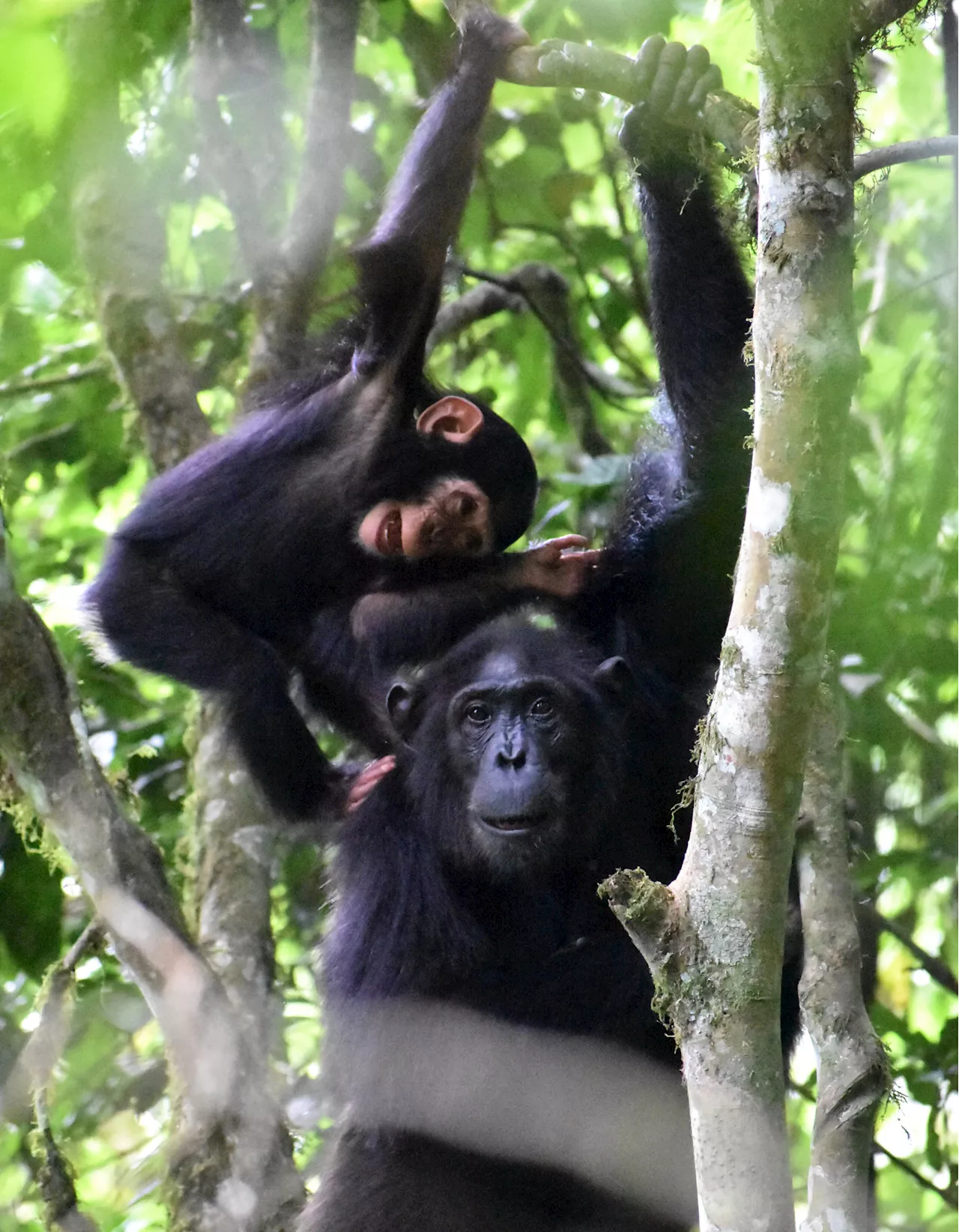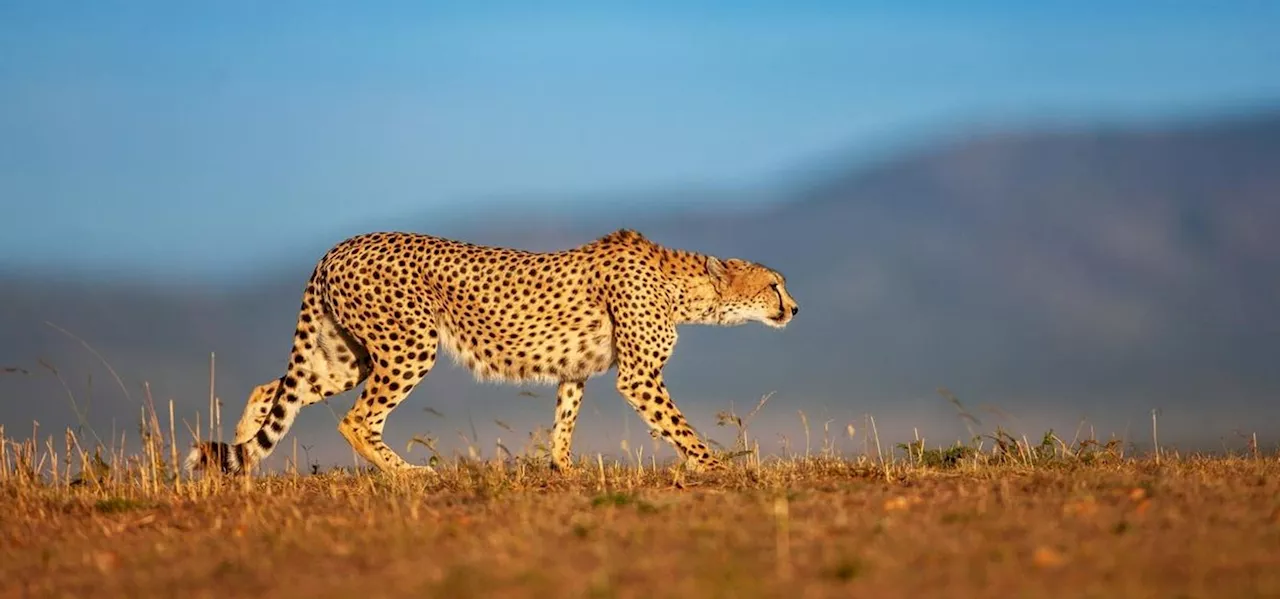A gender bias expert, Kim Elsesser, Ph.D., is the author of Sex and the Office, and she taught classes on gender at UCLA for eight years. She is a senior contributor for Forbes and has published in the New York Times and Los Angeles Times.
New research challenges the long-held notion that innate differences between men and women are at the root of gender inequalities in society. The new studies reveal that many of our close primate relatives live in societies that are either female-dominated or share power equally between the sexes. From forming female coalitions to controlling women’s reproductive rights, lessons from these primate societies may offer clues about human power dynamics.
However, the latest findings reveal that female dominance or gender equality is not as unusual as previously thought. “If you look at the whole distribution of variation across primates, you see that it's not really that uncommon to have something other than male dominance outside of the African and Asian monkeys,” said Rebecca Lewis, the study's lead author and a professor at Duke University.
If female primates wield more power when their fertility is limited, this could shed light on the motivations behind attempts to restrict human women's control over their reproductive choices. Feminist scholars have long argued that men’s control over women’s reproductive autonomy is a central feature of male dominance in humans, and
However, Lewis explains that for some primates, the reverse is true. Male marmosets, for example, perform the majority of childcare. Female marmosets form a unique mating bond with two males, and these males exclusively pair with that single female. Following this exclusive arrangement, the female marmoset typically gives birth to a set of twins.
United Kingdom Latest News, United Kingdom Headlines
Similar News:You can also read news stories similar to this one that we have collected from other news sources.
 New study shows mother chimps play with their offspring through good times and badWhen it comes to nurturing their young, mother chimpanzees go the extra mile, according to a new study. Using 10 years of observational data on wild chimpanzees, researchers found that while adults often play, and young chimps play a lot, when food gets scarce, the adults put mutual play aside and focus on survival.
New study shows mother chimps play with their offspring through good times and badWhen it comes to nurturing their young, mother chimpanzees go the extra mile, according to a new study. Using 10 years of observational data on wild chimpanzees, researchers found that while adults often play, and young chimps play a lot, when food gets scarce, the adults put mutual play aside and focus on survival.
Read more »
 New study shows traffic times on MoPac in South Austin could jump by 42% by 2045Drivers who travel south on MoPac could be in for longer travel times. That's according to a new report from the Central Texas Regional Mobility Authority.
New study shows traffic times on MoPac in South Austin could jump by 42% by 2045Drivers who travel south on MoPac could be in for longer travel times. That's according to a new report from the Central Texas Regional Mobility Authority.
Read more »
 Redefining Workout Standards: Women Achieve More With Less Exercise, Says New Cedars-Sinai StudyScience, Space and Technology News 2024
Redefining Workout Standards: Women Achieve More With Less Exercise, Says New Cedars-Sinai StudyScience, Space and Technology News 2024
Read more »
 The human cost of climate-related disasters is acutely undercounted, new study saysA new study counts the human health costs from increasingly costly and dangerous extreme weather in the U.S.
The human cost of climate-related disasters is acutely undercounted, new study saysA new study counts the human health costs from increasingly costly and dangerous extreme weather in the U.S.
Read more »
 Spill the tea: Gossip could have benefits, new Stanford study saysGossip could actually have positive effects, researchers say.
Spill the tea: Gossip could have benefits, new Stanford study saysGossip could actually have positive effects, researchers say.
Read more »
 A Cheetah’s ‘Peak Velocity’ Is Governed By These 2 Laws—Says New StudyI am an American evolutionary biologist with a Ph.D. in ecology and evolutionary biology. I am based at Rutgers University, where I specialize in studying biodiversity, evolution, and genomics.
A Cheetah’s ‘Peak Velocity’ Is Governed By These 2 Laws—Says New StudyI am an American evolutionary biologist with a Ph.D. in ecology and evolutionary biology. I am based at Rutgers University, where I specialize in studying biodiversity, evolution, and genomics.
Read more »
